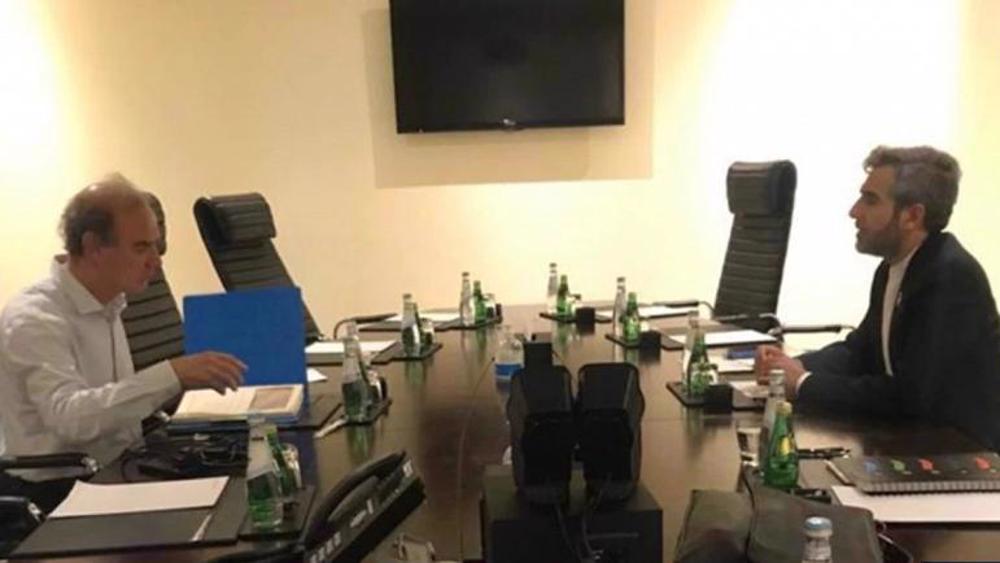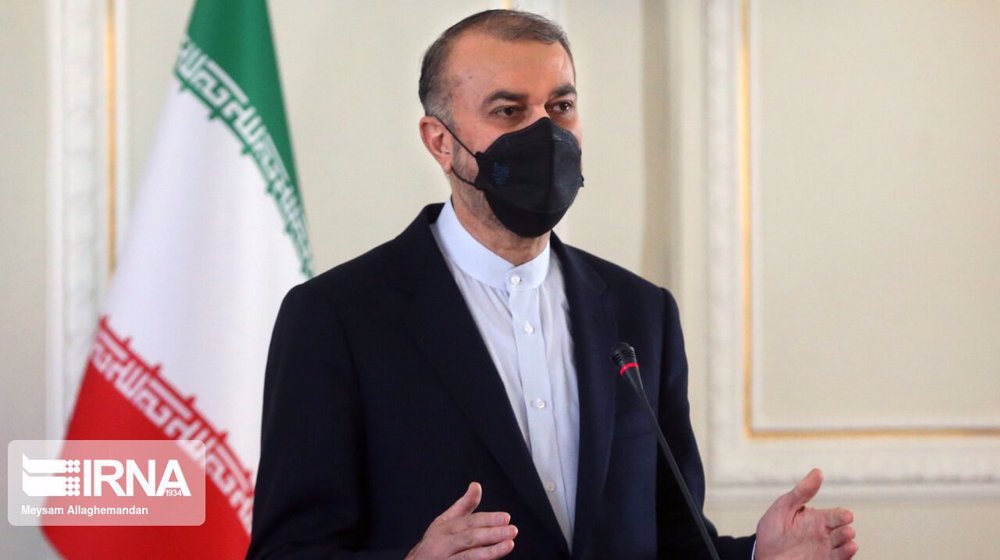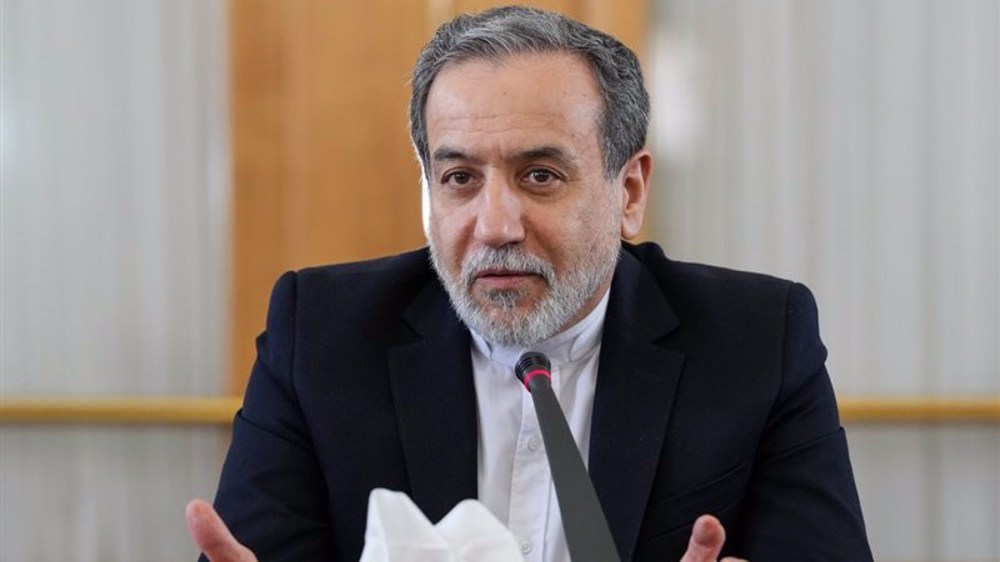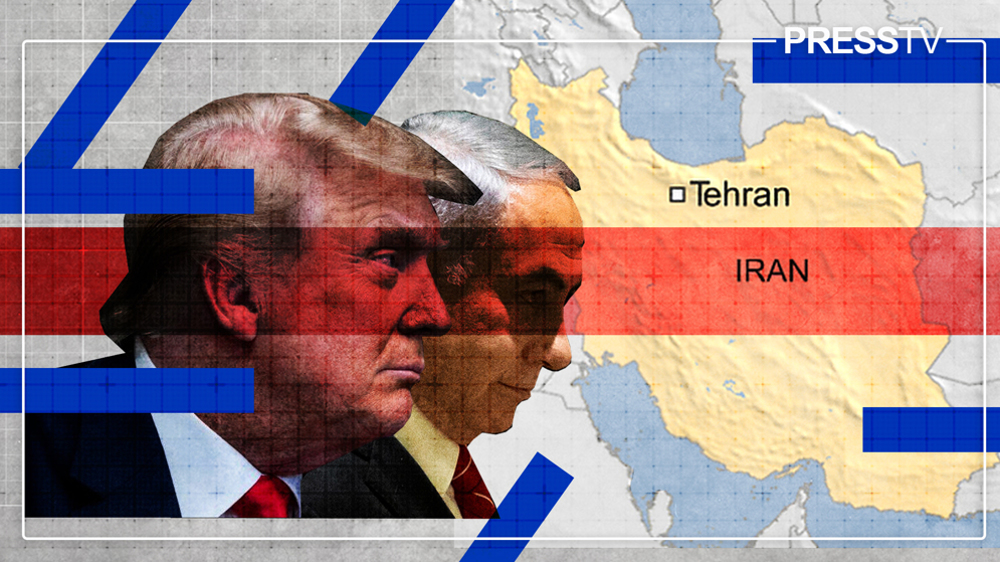Doha talks on Iran sanctions end with sides vowing to keep in touch
The two-day negotiations in the Qatari capital to discuss how to remove sanctions on Iran have ended, with the two sides saying they will keep in touch "about the continuation of the route and the next stage of the talks".
The talks started on Tuesday, with EU coordinator Enrique Mora shuttling between Iran's top negotiator Ali Bagheri Kani and US special Iran envoy Rob Malley.
"Continuing with the negotiation process to remove sanctions, intensive talks were held in Doha on Tuesday and Wednesday with the mediation of Enrique Mora," Iran's Foreign Ministry spokesman Nasser Kan'ani twitted on Wednesday night.
"Iran's operational views and proposals were put forward on the remaining issues, and the other side presented its reservations," he said. "As in the past, Bagheri and Mora will be in touch regarding the continuation of the route and the next stage of the talks," Kan'ani added.
"We will keep working with even greater urgency to bring back on track a key deal for non-proliferation and regional stability," Mora tweeted.
The talks are aimed at overcoming differences over how to revive a 2015 nuclear deal with Iran and remove sanctions on the country. The negotiating sides are trying to break a months-long impasse that has stalled negotiations in Vienna.
“What prevented these negotiations from coming to fruition is the US insistence on its proposed draft text in Vienna that excludes any guarantee for Iran’s economic benefits,” Iran's Tasnim news agency said, citing informed sources at the talks.
Mohammad Marandi, an advisor to the Iranian negotiating team, said unlike claims by US officials, the Doha talks held to discuss remaining issues from the Vienna negotiations have not failed and will continue.
"The negotiations were not expected to end with a positive solution in just two days. We do not take PR statements of the US officials seriously," he was quoted as having told Lebanon's al-Mayadeen television.
Former US President Donald Trump ditched the nuclear pact in 2018 and reimposed draconian sanctions on Iran’s economy. A year later, Tehran reacted by gradually reducing its compliance.
Iran’s nuclear chief on Tuesday confirmed that Tehran had begun installing a new cascade of advanced centrifuges at its underground Fordo facility.
The International Atomic Energy Agency earlier reported that Iran was planning to enrich uranium through a new chain of 166 advanced IR-6 centrifuges at the site.
“We will follow measures according to the plans made,” declared Mohammad Eslami.
Earlier this month, Iran removed some surveillance cameras of the IAEA operating outside the nuclear deal which Iran had allowed in a goodwill gesture. The decision to disconnect them came after the agency’s board of governors adopted a US-sponsored resolution against the Islamic Republic.
The resolution was issued after IAEA chief Rafael Grossi paid a controversial visit to Israel which is widely known for its subversive attacks on Iran’s nuclear facilities and terrorist assassination of the country’s scientists.
Over 11 months of talks between Tehran and major powers stalled in March, chiefly over Washington’s refusal to undo all its past wrongs.
"The Americans must provide the guarantees demanded by Iran to make sure that they do not stab us in the back like in the past. The Europeans are more interested in Iran today because they need oil because of the war in Ukraine," Marandi said on Wednesday.
Aggressors will face severe pain from Iran’s ‘surprises’: Defense minister
Iran ready for war if US wants to ‘test’ it: Araghchi
VIDEO | Press TV's news headlines
Iran’s police chief vows to arrest every last terrorist
Nation delivered crushing response to enemy amid rallies: Pezeshkian
Iran warns of possible evacuation of its UK embassy over security failures
VIDEO | Iranians united in face of foreign plots
Iran reports improved Gini coefficient for year to March 2025











 This makes it easy to access the Press TV website
This makes it easy to access the Press TV website